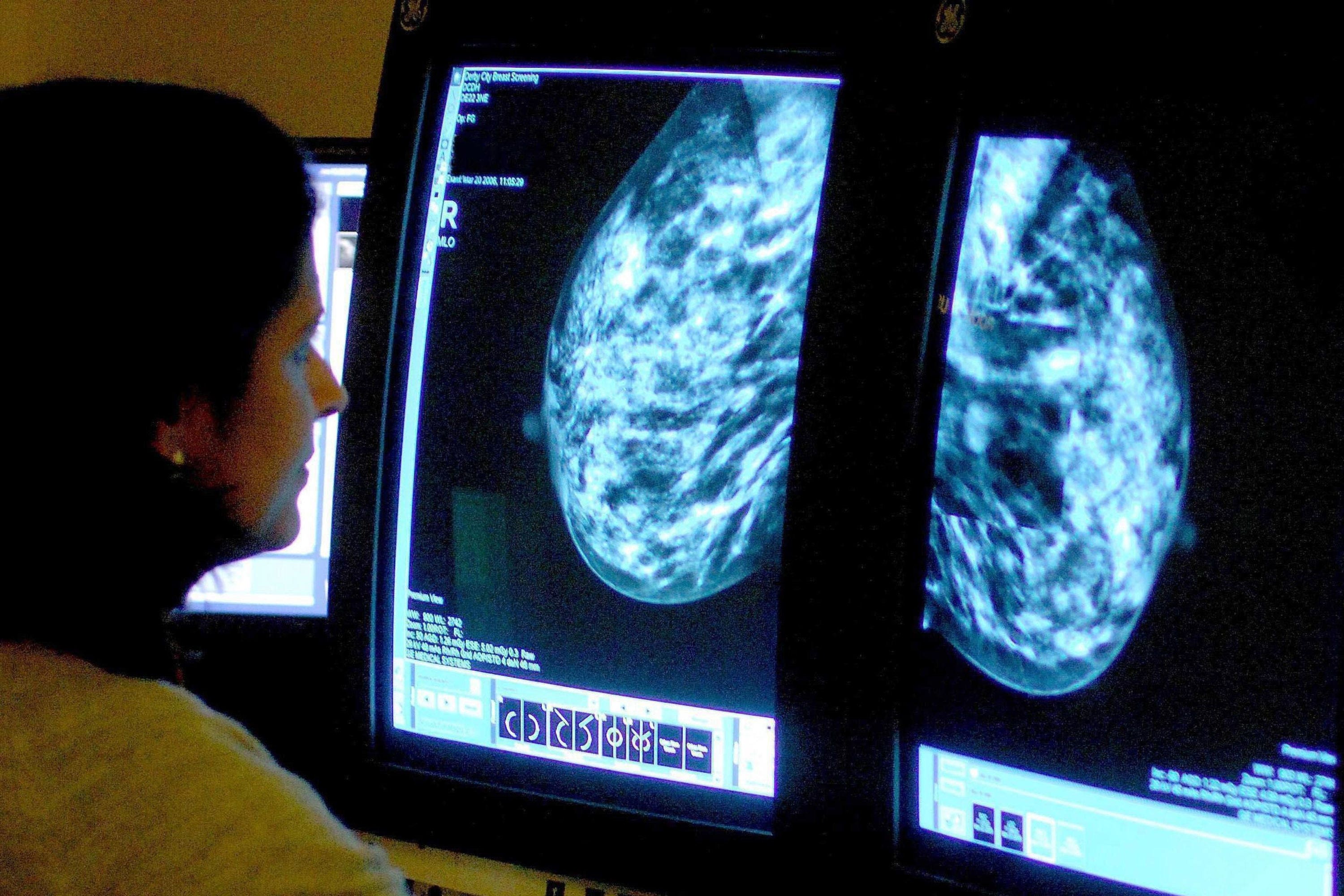Cancer cases and deaths predicted to soar
International experts analysed data from 115 countries, including the UK.

Your support helps us to tell the story
From reproductive rights to climate change to Big Tech, The Independent is on the ground when the story is developing. Whether it's investigating the financials of Elon Musk's pro-Trump PAC or producing our latest documentary, 'The A Word', which shines a light on the American women fighting for reproductive rights, we know how important it is to parse out the facts from the messaging.
At such a critical moment in US history, we need reporters on the ground. Your donation allows us to keep sending journalists to speak to both sides of the story.
The Independent is trusted by Americans across the entire political spectrum. And unlike many other quality news outlets, we choose not to lock Americans out of our reporting and analysis with paywalls. We believe quality journalism should be available to everyone, paid for by those who can afford it.
Your support makes all the difference.Deaths from cancer in the UK are set to rise by more than 50% by 2050, international cancer experts have predicted.
A growing and ageing population will lead to a significant rise in the number of cases of cancer, according to new estimates.
Experts from the International Agency for Research on Cancer (IARC) and the World Health Organisation (WHO) examined cancer data from 115 different countries, including the UK.
Researchers said there were 454,954 new cases of cancer in the UK in 2022, and this is expected to rise to 624,582 by 2050 – an increase of 37%.
Breast cancer is the most commonly diagnosed cancer in UK women, with prostate cancer the most commonly diagnosed among men, they said.
Lung and bowel cancer are the other cancers most likely to be diagnosed among both men and women.
We expect the global population of the world to rise from eight billion in 2022 to almost 10 billion by 2050 and this will have a large impact on the number of new cancer cases
The IARC and WHO also predicted a sharp rise in the number of deaths from cancer in the UK over the next 26 years.
In 2022 there were 181,807 deaths in the UK due to cancer, they said, and this is expected to rise to 279,004 in 2050 – a 53% increase.
Cases are also expected to rise around the world in coming years.
Commenting on the figures, Dr Panagiota Mitrou, director of research, policy and innovation at the World Cancer Research Fund, said: “These new estimates show the increased burden that cancer will have in the years to come.
“UK governments’ failure to prioritise prevention and address key cancer risk factors like smoking, unhealthy diets, obesity, alcohol and physical inactivity has in part widened health inequalities.
“We know around 40% of cancers cases could be prevented – now is the time to turn the tide, by implementing policies that enable people to live healthier lives by reducing their exposure to risk factors and prioritising a national cancer plan which includes better screening and early detection.”
Meanwhile, the IARC and WHO said global cancer cases are expected to increase from 20 million in 2022 to 35 million in 2050 – a 77% rise.
And the organisations estimate that cancer deaths around the world will almost double from 9.7 million in 2022 to 18.5 million in 2050.
Dr Freddie Bray, head of the cancer surveillance branch at the IARC, said: “We expect the global population of the world to rise from eight billion in 2022 to almost 10 billion by 2050 and this will have a large impact on the number of new cancer cases.”
The IARC and WHO said countries should properly prepare for the rise in cases and deaths.
Dr Bray added: “The impact of this increase will not be felt evenly across countries of different HDI (Human Development Index) levels.
“Those who have the fewest resources to manage their cancer burdens will bear the brunt of the global cancer burden.”
Dr Cary Adams, head of the Union for International Cancer Control, said: “Cancer treatment outcomes exist not only between high and low-income regions of the world, but also within countries.
“Where someone lives should not determine whether they live.
“Tools exist to enable governments to prioritise cancer care, and to ensure that everyone has access to affordable, quality services.”
Cancer Research UK chief executive Michelle Mitchell said: “This report highlights the international growth in cancer cases and some of the stark health inequalities that affect people in countries across the world, including here in the UK.
“Everyone deserves access to the best healthcare and Cancer Research UK is committed to supporting global measures to prevent cancer such as tobacco control and HPV vaccination.”